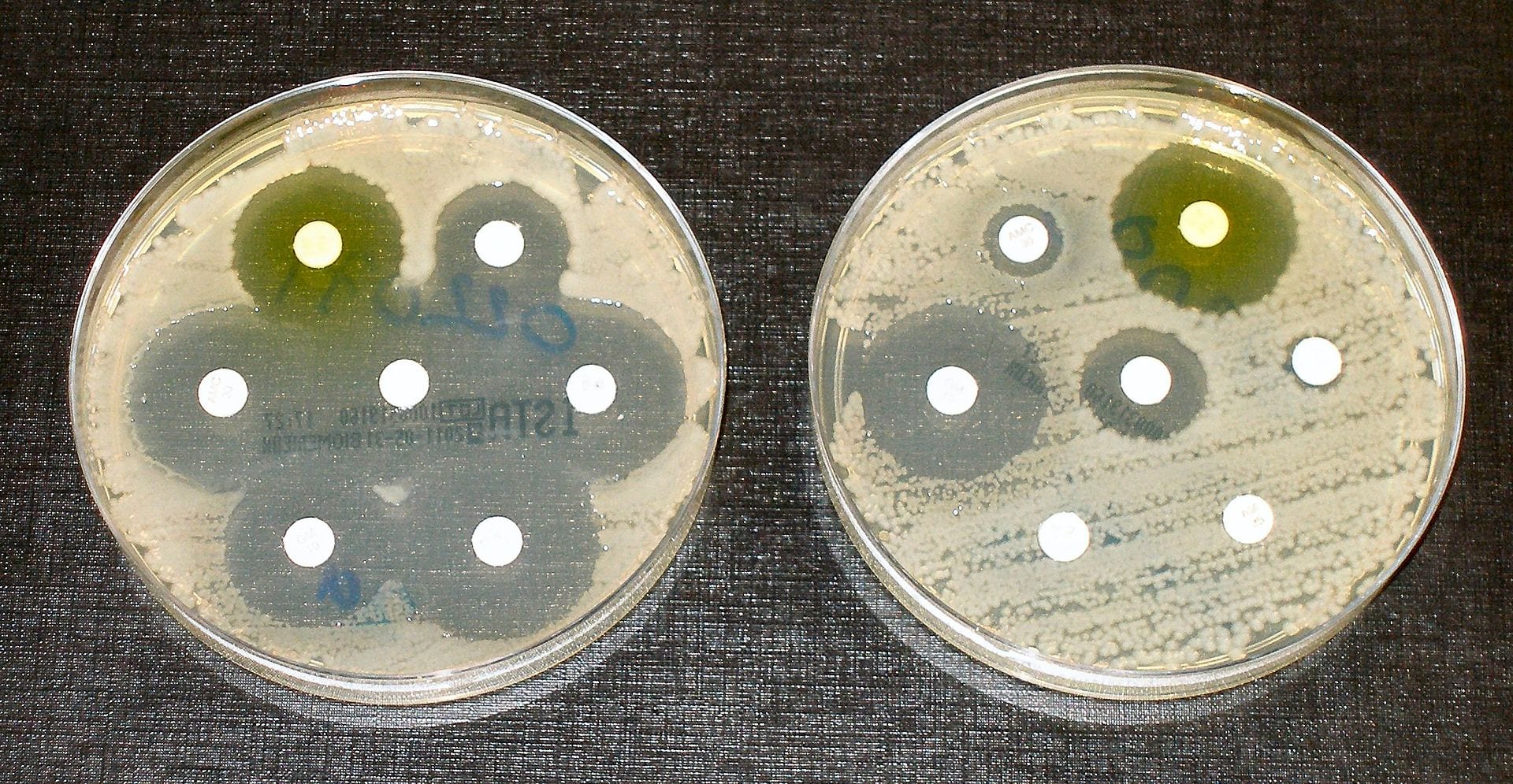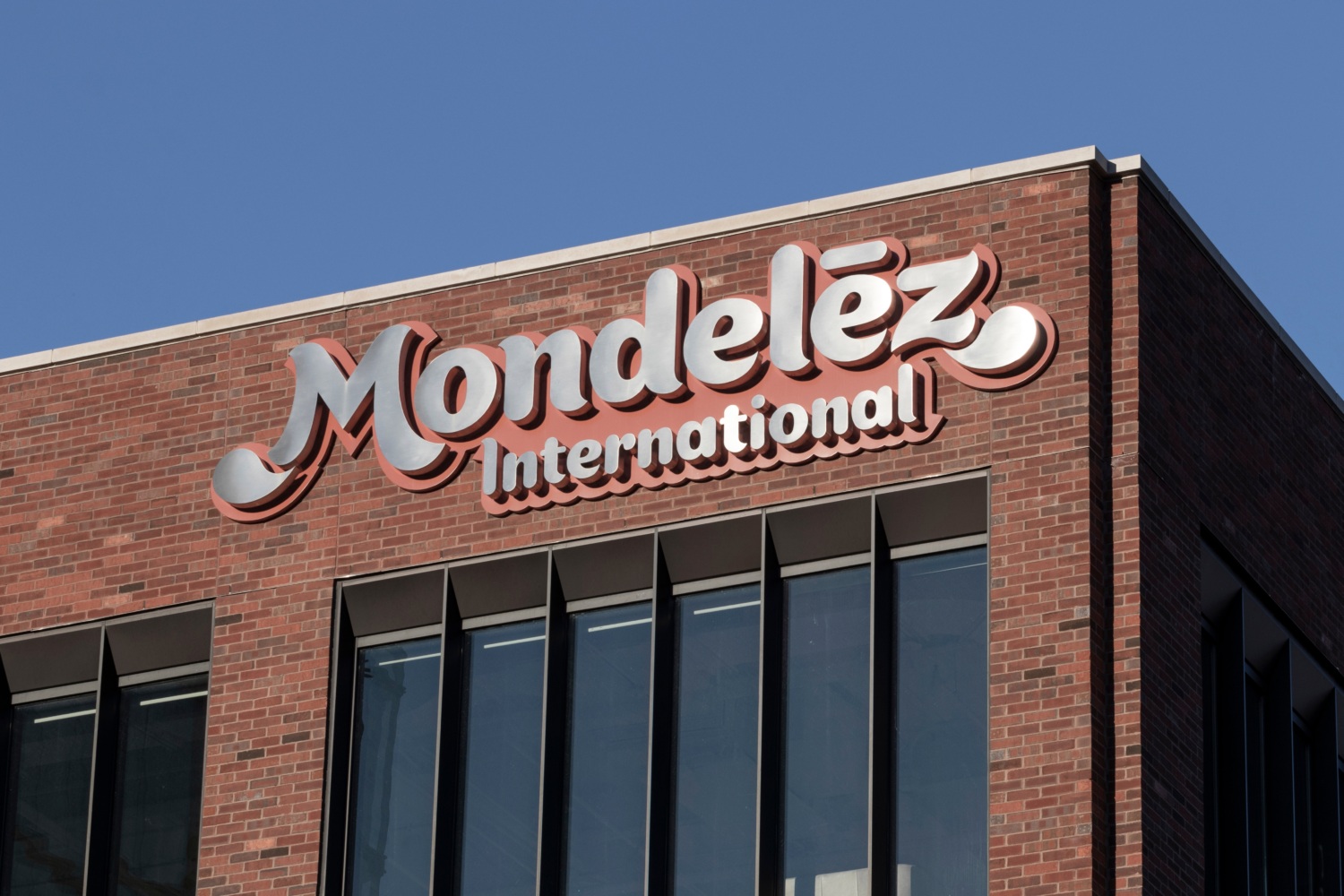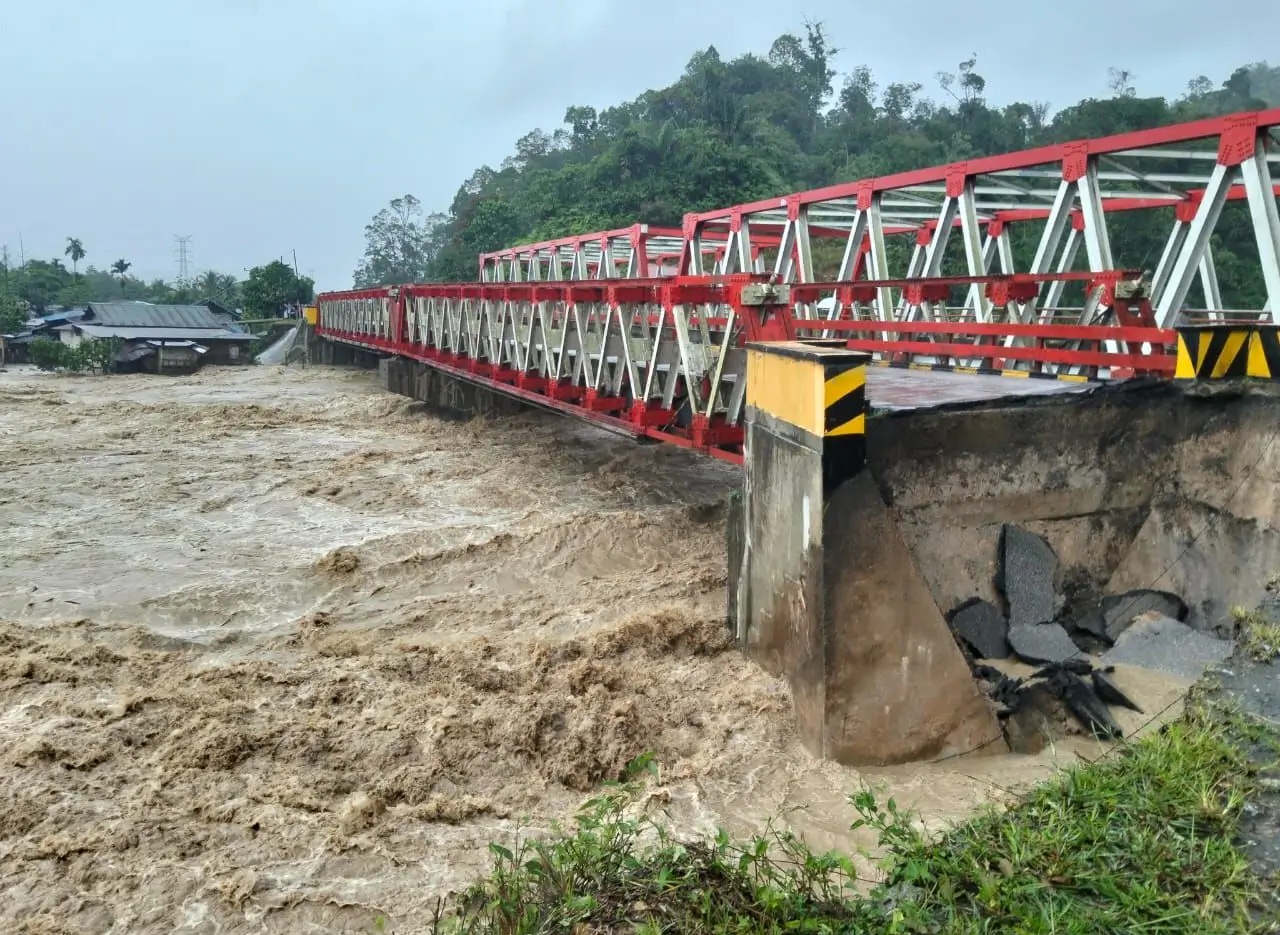
Pharmaceutical Companies Exposed as Contributors to Antimicrobial Resistance
Washington, DC—Ahead of the first-ever United Nations high-level meeting on antimicrobial resistance (AMR) in New York on Wednesday, a coalition of environmental and public health organizations released a major report connecting specific major pharmaceutical companies to the development of superbugs.
“Drug resistance through the back door” sheds light on how industry heavyweights like Pfizer, Teva and McKesson contribute to the AMR crisis through commercial ties with serial polluters in China and India. Careless waste management by factories producing antibiotics contaminate local water supplies, leading to the kind of interaction between antibiotics and bacteria that fosters resistance. Ironically, many of the same companies fuelling resistance by failing to protect their supply chains are demanding investment from governments to develop new antibiotics to fight resistance.
Speaking ahead of the UN meeting, Bill Corr, Senior Advisor at Waxman Strategies and former Deputy Secretary of Health and Human Services said, “When it comes to AMR, it’s all or nothing. As long as any source of resistance is allowed to persist, so does the risk to our health care systems. Major pharmaceutical companies are contributing to antimicrobial resistance by failing to protect their supply chains. This failure creates a risk to the public health that can be easily addressed.”
Growing drug resistance is one of the gravest threats to human health this century. In the United States alone, the CDC estimates that at least 2 million people are infected with resistant bugs each year, and at least 23,000 people die each year as a direct result. Globally, annual deaths are projected to reach 10 million per year by 2050, with cumulative economic losses of $100 trillion. Medical experts warn that in the near future, common illnesses, minor surgery, and routine operations such as hip replacements could become high risk procedures.
A 2015 report on AMR from the UK government states that pharmaceutical manufacturing pollution is “a supply chain problem that pharmaceutical companies and their suppliers need to solve together.” However, most companies display a shocking lack of concern about pollution in their supply chains by failing to implement, or demand that their suppliers implement, environmentally sound manufacturing and waste treatment techniques.
Natasha Hurley of UK-based Changing Markets said “Big Pharma’s role in fuelling drug resistance is all too often overlooked when policies to curb the spread of AMR are being discussed. Our research has shown that the industry is failing to take the necessary action to address the threat of a looming environmental and public health crisis in which it is playing a key part. This is why we are calling for major purchasers of antibiotics to blacklist the worst offenders and send a message to the market that failure to bring antibiotic manufacturing discharges under control will directly impact companies’ bottom line. With drug supply chains shrouded in mystery, we also need more transparency on the origin of our antibiotics.”
The report recommends major buyers of antibiotics stop purchasing from pharmaceutical companies contributing to the spread of AMR through irresponsible manufacturing practices. One company it scrutinizes is Aurobindo, a Hyderabad, India -based drug manufacturer with numerous international subsidiaries, including Auromedics Pharma LLC in the United States. Aurobindo has been involved in many pollution scandals in India, and also has commercial ties with antibiotics factories operated by some of China’s largest drug companies, including NCPC, the country’s biggest State-owned pharmaceutical group.
For more information on pharmaceutical pollution and antimicrobial resistance, consult the following resources:
- Impacts of Pharmaceutical Pollution on Communities and Environment in India: Swedish investment bank Nordea investigates Indian generics manufacturers (2015)
- Bad Medicine: Sum of Us exposes antibiotic pollution hotspots in China (2015)
- United Nations High-Level Meeting on Antimicrobial Resistance: UN discusses AMR issues. (9/21/2016)
Featured photo from Dr. Graham Beards.


